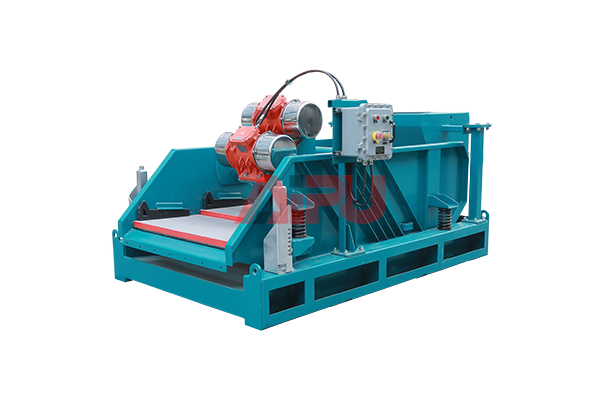Understanding the Usage Standards of Solids Control Equipment
Solids control equipment plays a crucial role in drilling operations, ensuring efficient separation and management of drilling fluids. To maximize performance and longevity, it's essential to adhere to proper usage standards. This guide explores key considerations for operating solids control equipment effectively.

Proper Installation and Setup
Correct installation forms the foundation for optimal equipment performance. Always follow manufacturer specifications for placement, ensuring adequate space for maintenance access. The equipment must be level to prevent uneven wear, and all connections should be secure to avoid leaks. Electrical components require proper grounding and protection from environmental hazards.
Operational Parameters
Each piece of solids control equipment has specific operational limits. Centrifuges typically operate within defined G-force ranges, while shale shakers have optimal vibration frequencies. Exceeding these parameters reduces efficiency and accelerates wear. Monitoring systems should track flow rates, pressure differentials, and power consumption to maintain operation within ideal ranges.
Maintenance Protocols
Regular maintenance significantly extends equipment lifespan. Daily inspections should check for wear on screens, seals, and moving parts. Lubrication schedules must be strictly followed, with particular attention to bearings and gearboxes. Component replacements should use OEM parts to ensure compatibility and performance.
Safety Considerations
Operators must follow lockout/tagout procedures during maintenance. Proper guarding should be in place for all moving parts, and personnel require training on emergency shutdown protocols. Hazardous material handling procedures must be established for dealing with contaminated components or fluids.
Performance Monitoring
Regular testing of processed fluids verifies equipment effectiveness. Particle size distribution analysis and density measurements provide quantitative performance data. These metrics help identify when adjustments or maintenance are required before problems affect drilling operations.
Environmental Compliance
Modern solids control systems must meet stringent environmental regulations. Proper containment of drilling fluids and cuttings prevents contamination. Waste handling procedures should comply with local and international standards for disposal or recycling of separated solids.
If your project requires solids control equipment, choose Aipu Solids Control - the optimal solution for your needs.
